Can Mosquitoes Spread HIV?
 Keyshawn
|
Keyshawn
|
 08 Sep 2025
08 Sep 2025
The Common Myth About Mosquitoes and HIV
The question pops up often in conversations, especially in countries where mosquitoes are part of daily life: can mosquitoes spread HIV? People see mosquitoes carrying malaria, dengue, Zika — all serious illnesses — and it’s easy to imagine they could pass along HIV the same way. In communities where both mosquito-borne diseases and HIV are present, the assumption feels almost natural. But it’s a misunderstanding that’s been cleared up again and again by science, though it still lingers.
How HIV Is Actually Transmitted
HIV has strict rules for how it moves from one person to another. It needs to be present in enough quantity in certain body fluids — blood, semen, vaginal or rectal secretions, or breast milk — and it must enter the bloodstream directly. That happens through unprotected sexual contact, sharing contaminated needles, transfusions of infected blood, or from mother to child during pregnancy, delivery, or breastfeeding. Mosquito bites don’t fit the bill. There’s no transfer of infected human blood from one host to another during a bite.
What Happens to HIV Inside a Mosquito
If a mosquito feeds on a person living with HIV, the virus enters the insect’s gut along with the blood. But HIV is delicate. It can’t handle the enzymes in the mosquito’s digestive system. Within minutes, it’s broken down — and because it can’t reproduce inside a mosquito, there’s no way for it to build up to an infectious dose. The mosquito simply digests it like it would any other protein.
Why Mosquitoes Inject Saliva, Not Blood
The way a mosquito feeds is crucial to understanding why HIV transmission isn’t possible. When it bites, it inserts its proboscis and injects saliva — not blood — into the skin. That saliva contains anticoagulants so the mosquito can feed more easily. This is what causes the swelling and itch that people often treat with mosquito bite cream, mosquito cream, or similar soothing products. The insect never injects blood from a previous meal into the next host.
Scientific Studies on Mosquitoes and HIV
Researchers have looked closely at this question, especially in areas with high HIV prevalence and heavy mosquito populations. If mosquitoes could transmit HIV, we would see infection patterns matching mosquito-borne diseases — clusters of cases unrelated to sexual contact, blood exposure, or mother-to-child transmission. But that pattern has never been observed. In fact, even in places where millions of mosquitoes and thousands of people living with HIV overlap daily, not one documented case of transmission by a mosquito has been found.
The Biology of HIV vs. Malaria Transmission
Malaria parasites can survive and multiply inside a mosquito before being injected into another person during feeding. HIV is completely different. It’s a virus that can only live and reproduce inside human cells. It doesn’t survive in mosquito tissue, let alone multiply there. Without replication, there’s no infectious dose for the next bite. This is why malaria spreads easily via mosquitoes, while HIV does not.
How Long HIV Survives Outside the Human Body
Even outside the body for a short time, HIV begins to lose its ability to infect. Temperature changes, exposure to air, or contact with digestive enzymes in the mosquito’s gut quickly render it inactive. The conditions inside an insect are far from friendly to the virus — they destroy it before it could ever be passed on.
Other Insects and the Risk of HIV Transmission
Ticks, fleas, lice, bedbugs — none of them can spread HIV either. Like mosquitoes, they inject saliva, not blood, when feeding. They may cause irritation, allergic reactions, or transmit other pathogens, but HIV isn’t one of them. Bites from these insects can still be annoying, and products like mosquito bite cream can help with the discomfort, but they’re not a route for HIV.
Why Dispelling This Myth Matters
The belief that mosquitoes can spread HIV leads to unnecessary fear. In some communities, it also adds to the stigma faced by people living with HIV, as others avoid them out of misplaced concern about mosquito bites. It can also distract from real prevention strategies that work. Accurate information helps shift focus toward measures that truly prevent HIV.
Proven Ways to Prevent HIV
HIV prevention doesn’t involve mosquito nets or insect sprays — it’s about safer sex, consistent condom use, not sharing needles, regular HIV testing, and using preventive medication like PrEP if you’re at higher risk. For mothers living with HIV, treatment during pregnancy and breastfeeding can protect their babies. And while mosquito control is important for many other diseases, when it comes to HIV, your attention is better spent on proven methods of protection.
Categories
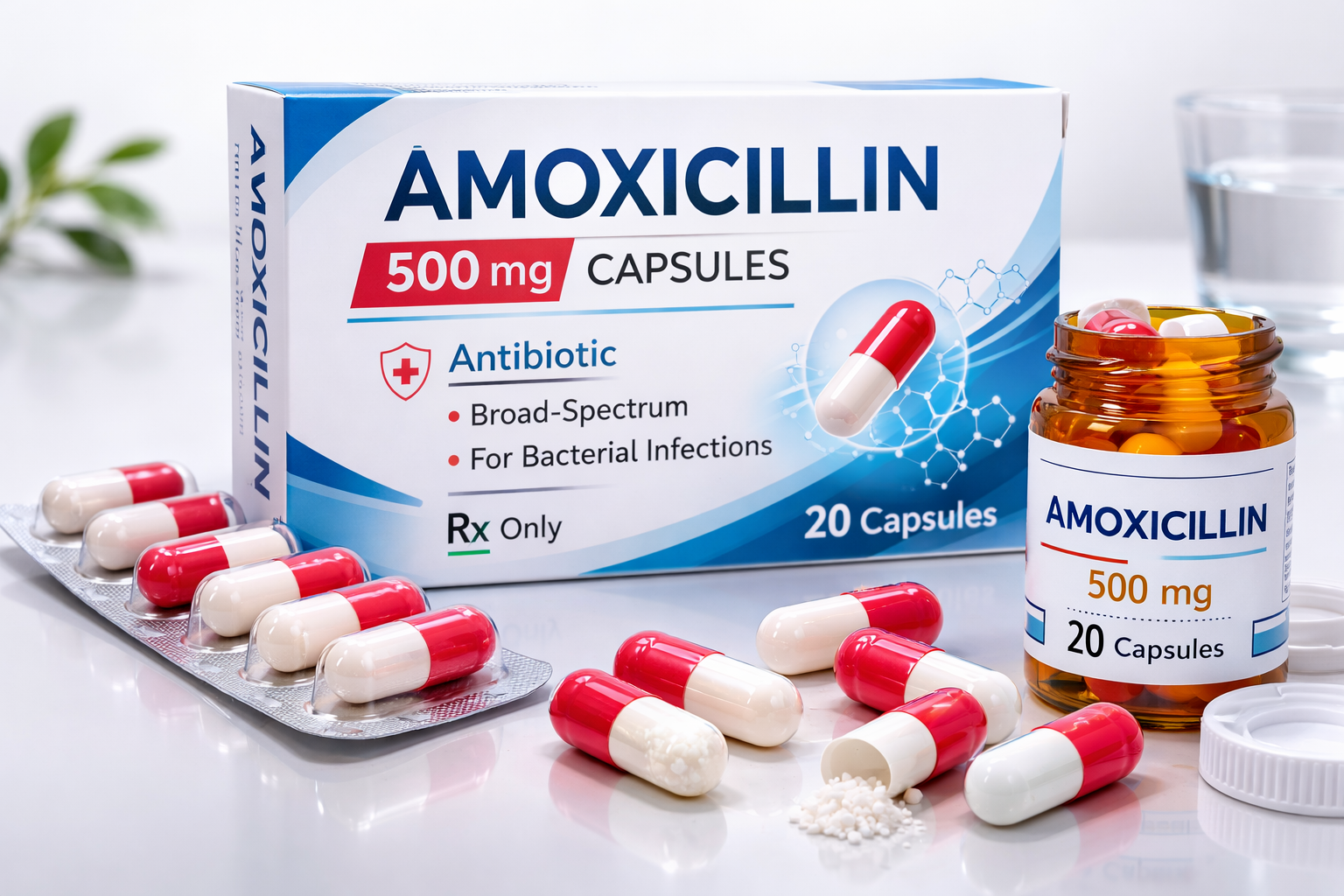
How Long Does Amoxicillin Stay in Your System?
 Graciela
Graciela

Can Newborns Get Infections from Visitors?
 Tobias
Tobias
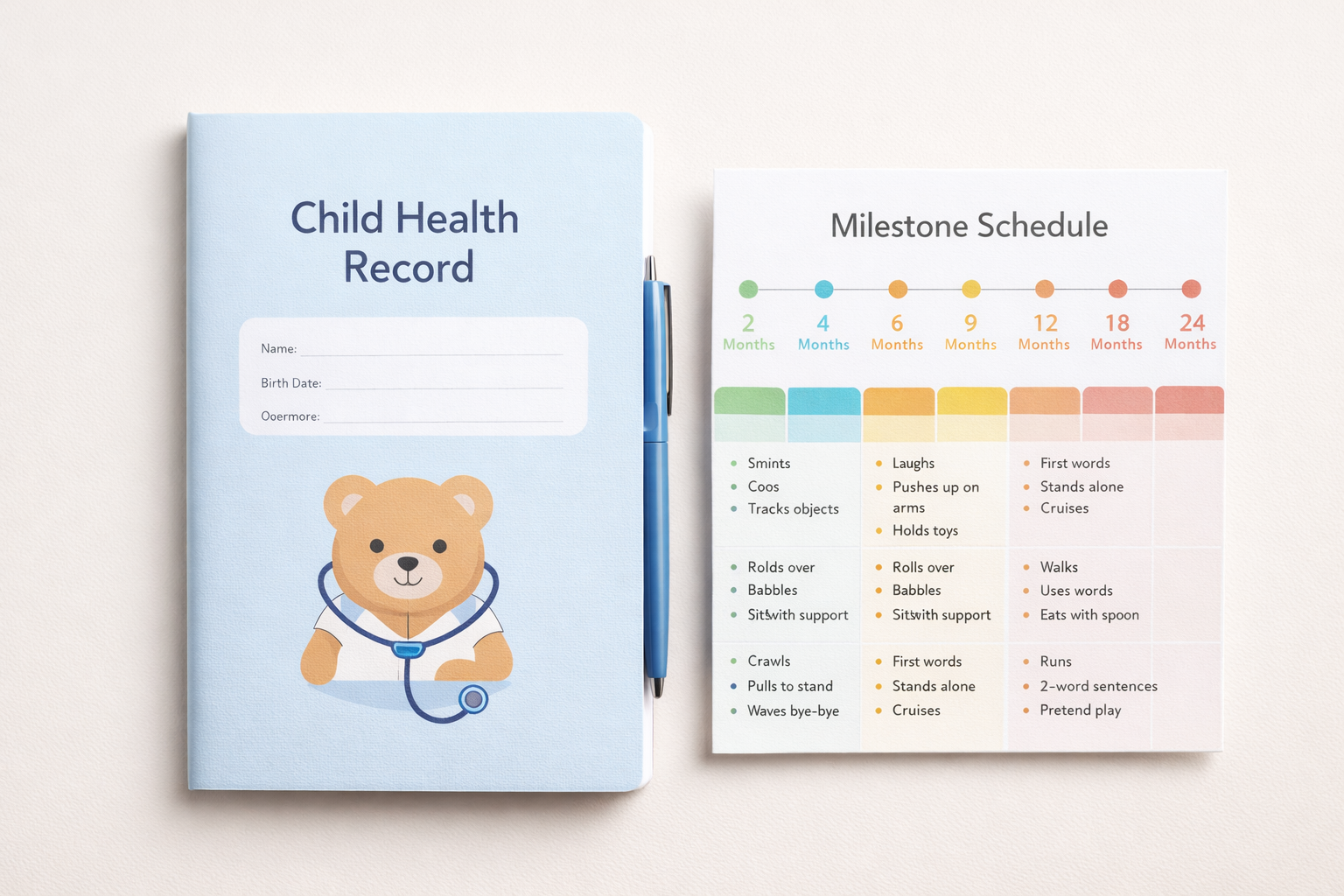
Signs of Developmental Delays in Infants!
 Justice
Justice

What Vaccines Are Required for Toddlers?
 Molly
Molly

Is Baby Getting Enough Breast Milk?
 Monserrat
Monserrat

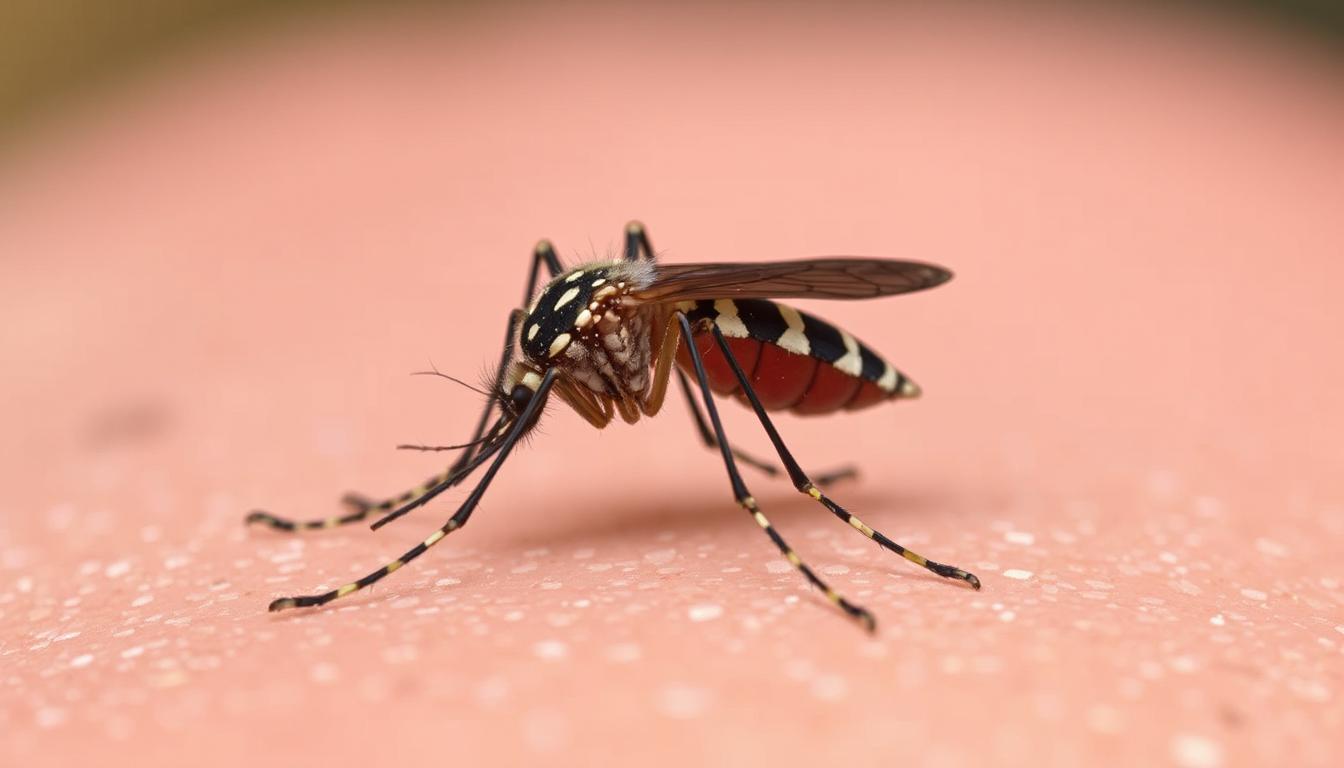
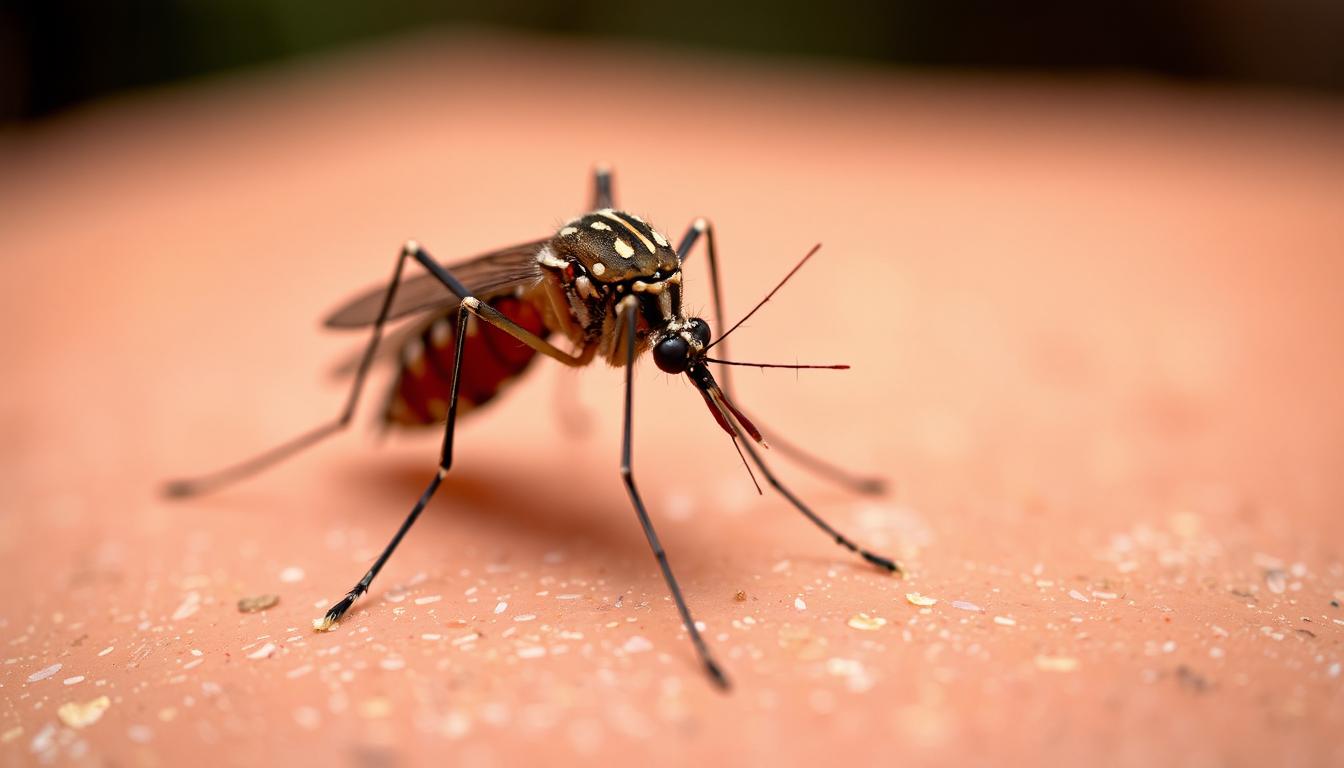








.webp)
.webp)
-(2).webp)
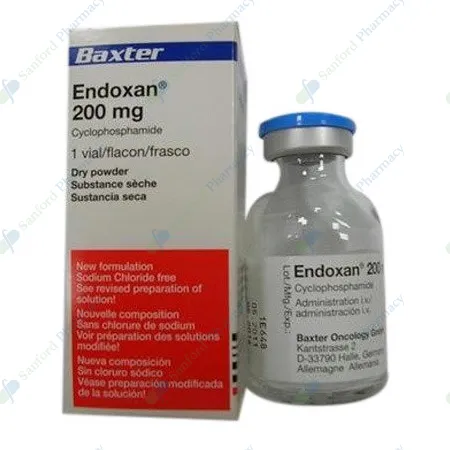
.webp)